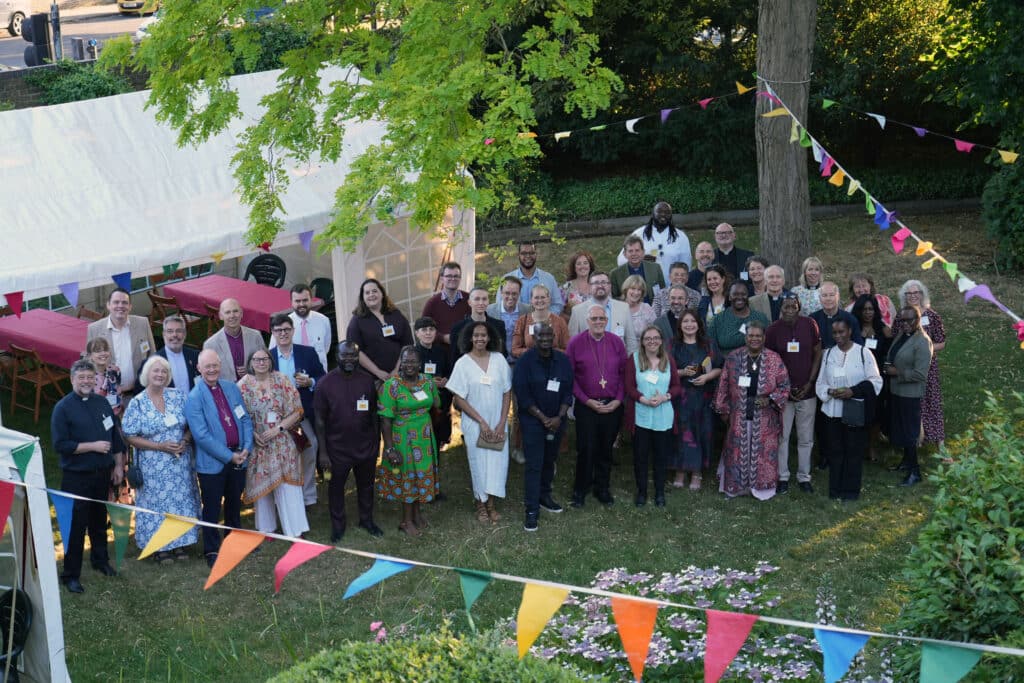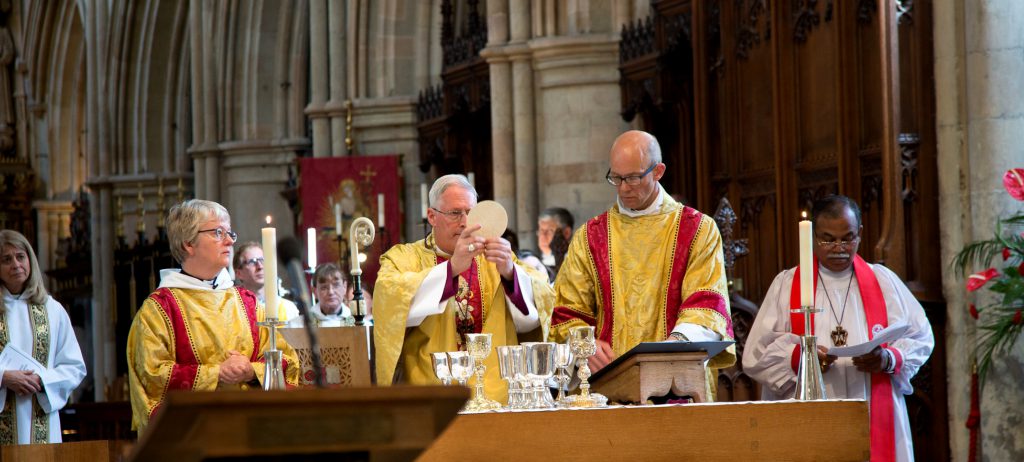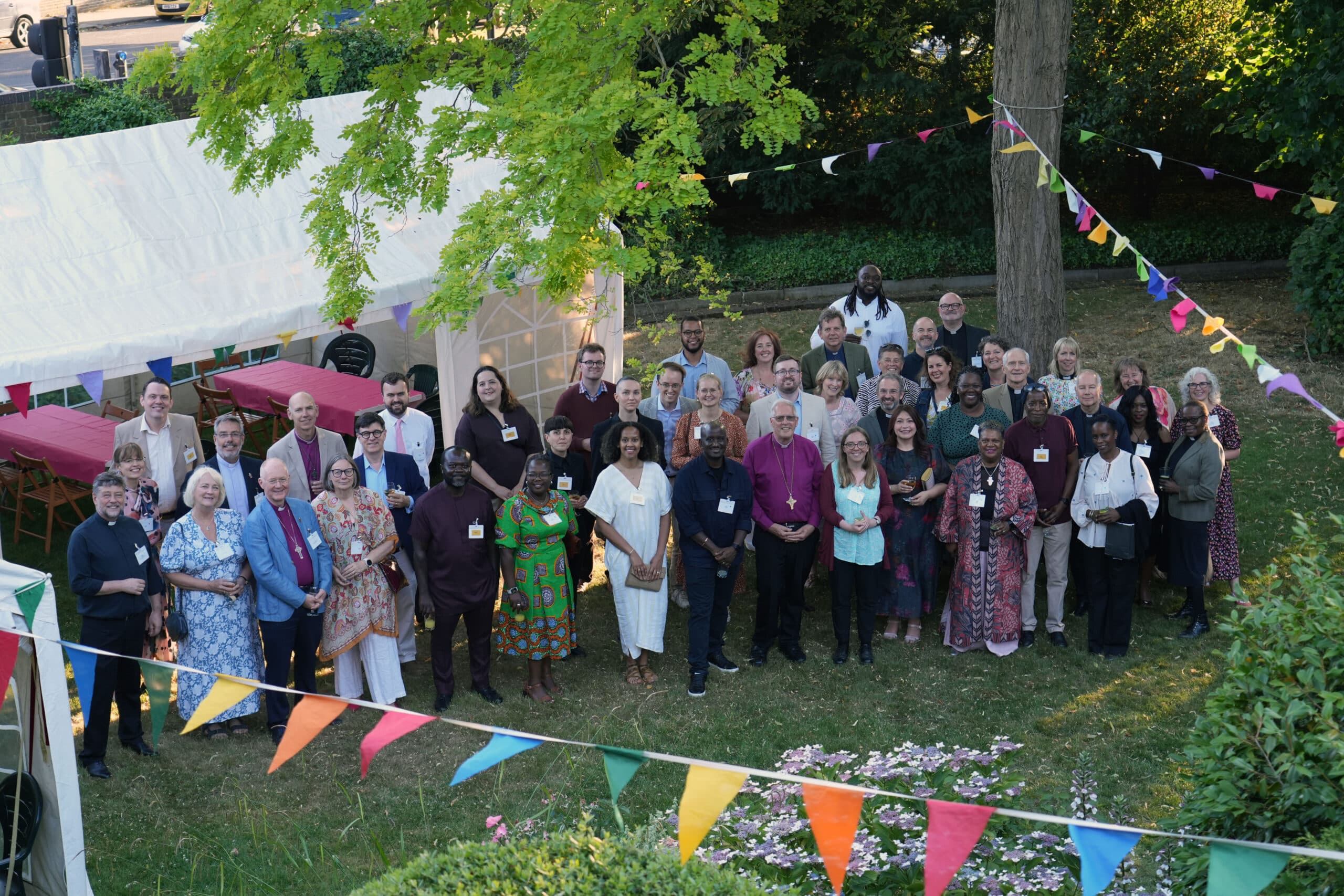
On 14 October, I was at a conference, the London Child Poverty Summit 2021, organised by The Childhood Trust.
We had various panels throughout the day. The first one was on Poverty and Income. This was presented by young people with Child Poverty Action Group and chaired by Manny Hothi, Chief Executive of Trust for London. The second was on Poverty and Hunger, chaired by Tolu Adeoye, Senior Journalist at BBC London. The third was on Poverty and Housing, chaired by Andrew Hansard, Team Leader at Shelter. The last one before the concluding panel, was on Poverty and Childcare. It was chaired by Joanne McCartney, Deputy Mayor of London and Deputy Mayor for Education and Childcare.
During the Poverty and Income panel discussion, there was a question on inter-generational poverty and how we can make sure that the children living in poverty today do not become the under qualified of tomorrow, because of slow brain development and/or lack of life chances. There was no clear answer but what can we do as churches upstream while we are helping to address issues downstream?
During the Poverty and Hunger panel, two people with lived experience told their stories. One grew up on social welfare, then became homeless but did not give up and is now in full time employment as an Adviser. The other person is still living in poverty and being supported by the charity PECAN. They both spoke about feeling self conscious when going to churches, foodbanks and other charities to access help, especially “when you wait in the queue or outside for the doors to open. People are always so kind, but it doesn’t take away the feelings of embarrassment.” One of the panel members, a Manager of Barking Foodbank spoke about ways they are working to create a sense of community and ownership to remove that sense of shame. People with lived experience are on their Board of trustees, helping to run activities, offered opportunities to serve, share and learn new skills. The Manager spoke about compassion, saying that compassion “for“ reflects superiority from our part whereas compassion “with” and “within” is often better, such as sitting with someone rather than packing the parcel and giving it to the person and off, they go. The Manager spoke of one single mother who told their member of staff who had a chat with them that they had not had an adult conversation in the last 2 weeks. In another example, they said that when Barking foodbank set up a holiday hub, the team from the hub went to the foodbank and schools and said to parents “we need your help sorting food out and packing, etc.”, that way giving parents a chance to offer help as well as receive it.
When the pandemic is behind us, wouldn’t it be lovely to have a Place of Welcome or maybe a café corner in our foodbanks, so that people can have a chat inside while waiting to be served? It could increase a sense of community in the church-run project. Together Southwark can also support church-run foodbanks to fundraise for additional support in form of on-site advice surgery to build people’s resilience, so they are less likely to need a foodbank in the future.
Foodbanks can also be a vehicle to increase the uptake of Healthy Start vouchers. I remember on a recent visit to a foodbank ran by St Matthew’s, Redhill, Fr Andrew Cunnington and his team told me that the foodbank has created a voucher system. They built a partnership with local farmers and businesses to top up supplies for a balanced nutrition. That also contributes to the local economy. Some of the families you serve may not qualify for Healthy Start vouchers, but these could reduce the amount of financial support that you might be attempting to directly fund in your food project.

During the Poverty and Income panel, there was a question on introducing Cash First. The latter is a project co-developed by the Independent Food Aid Network (IFAN) in collaboration with Nourish Scotland and is based on learning from Scotland’s A Menu for Change, to give people more agency instead of vouchers. That question is also relevant for the Poverty and Hunger panel. Proponents said they would like to see cash given instead of vouchers to allow people more choice to buy what they need. However, delegates were split on the issue because someone’s spending priorities may not necessarily be on the essentials listed on vouchers, especially when people are facing competing needs and might be tempted to use the cash on them. So, a compromise was a mix of cash and vouchers. Panel members added that Cash First option needs to be done alongside support and advice for long term results in people’s lives. The project has been launched in six boroughs in London, of which three in the Diocese so far. However, those we support may be facing a financial crisis now. How about registering with Acts 435 as well? The charity puts people who can give in touch with people who are in need, working with a Church as an intermediary. As you know, people who are experiencing food insecurity are in many cases also struggling with other expenses- such as utility bills, loan repayments, childcare, or other essentials. This is a simple model to set up and is low on resources. Check out this short video on how to join
Before the Poverty and Housing panel, we watched a powerful film produced by young people in partnership with Octavia Foundation and The Childhood Trust. It was about the plight of children living in temporary accommodation. The main character of the film later said that they are 20 years old, live with their parents and siblings in such accommodation and that all they have known in their life.
The statistics given were staggering. More than 89,000 Children and Young People are currently living in temporary accommodation. We can see that in our own supported projects. Many children who access projects supported by Together Southwark, particularly Lunchbox Library, live in a similar situation, in some cases 100% of the children in a Lunchbox Library project.
At the summit, a married father of five, in employment, said that they have been living in a two-bedroom house for 20 years. He added that their sons and daughters sleep in the same room and there is no space for children to learn, because if one takes the only one chair they have in their living room, then the others start fighting for it. As a result of these living conditions, they experience delays in completing their homework.
Recently, our team received a request for a grant for a homework club project to support children who live in conditions like the ones above. If you are thinking about a similar project to improve children’s life chances, do get in touch.
Another panel member, an Adviser from Newham Homeless Forum, told us of a mother of four with No recourse to Public Funds (NRPF) who was trying to make a living by staying at a friend’s home and helping them with cleaning and looking after their four children. So, in total there were eight children in a 2-bed flat. The woman was subsequently served with an eviction notice by her friend. One of her children had developmental delays (could not walk and speak). After the mother turned to the Homeless Forum for help, she was moved to a 2-bed flat. A few months down the line, the condition of their child started to improve. We heard the story of another family that has been moved to temporary accommodation 10 times, which meant that the parent has had to buy 10 school uniforms in as many years.
Hearing these stories, the audience wondered how parents and schools manage to keep children motivated for school. Parents said that it is an everyday struggle.
There was a housing developer on the panel, and they were asked what we could do to incentivize developers to provide more affordable housing. They said that some developers want to do the right thing but are crowded out but other competitors.
Finally, during the Poverty and Childcare panel, parents spoke about their difficulties to get into or stay in employment due to having to choose between employment or staying at home because of high childcare costs. A young mother on the panel said that she has used cash in hand childcare arrangements when her salary meant that she fell outside of the criteria to apply for free childcare hours. Being is such a situation would not encourage a parent to look for a higher salary if the difference with their current salary is not substantial, which really does not help to reduce poverty. It is like a vicious cycle.
It would be useful to consider if employment support projects could include a childcare element to support job seekers who have children, especially mothers. Of course, it would not resolve the above structural issues but could help find out what/if support is available.
So, The Childhood Summit was important in discussing the breadth and depth of the issues facing individuals and families. The above suggestions are not exhaustive and far from bullet proof as you have so many more ideas in churches. Do get in touch if you would like to discuss anything.













